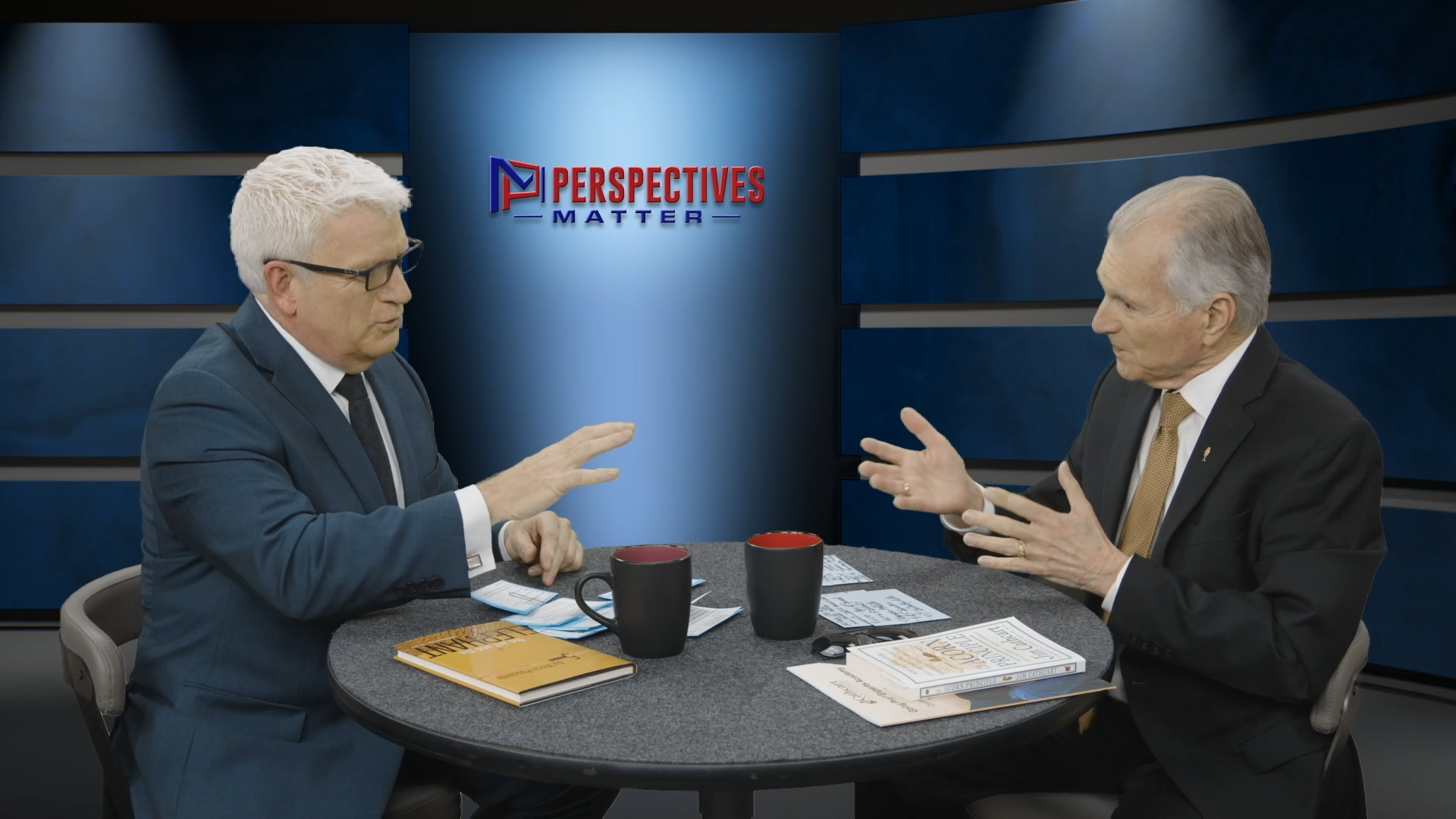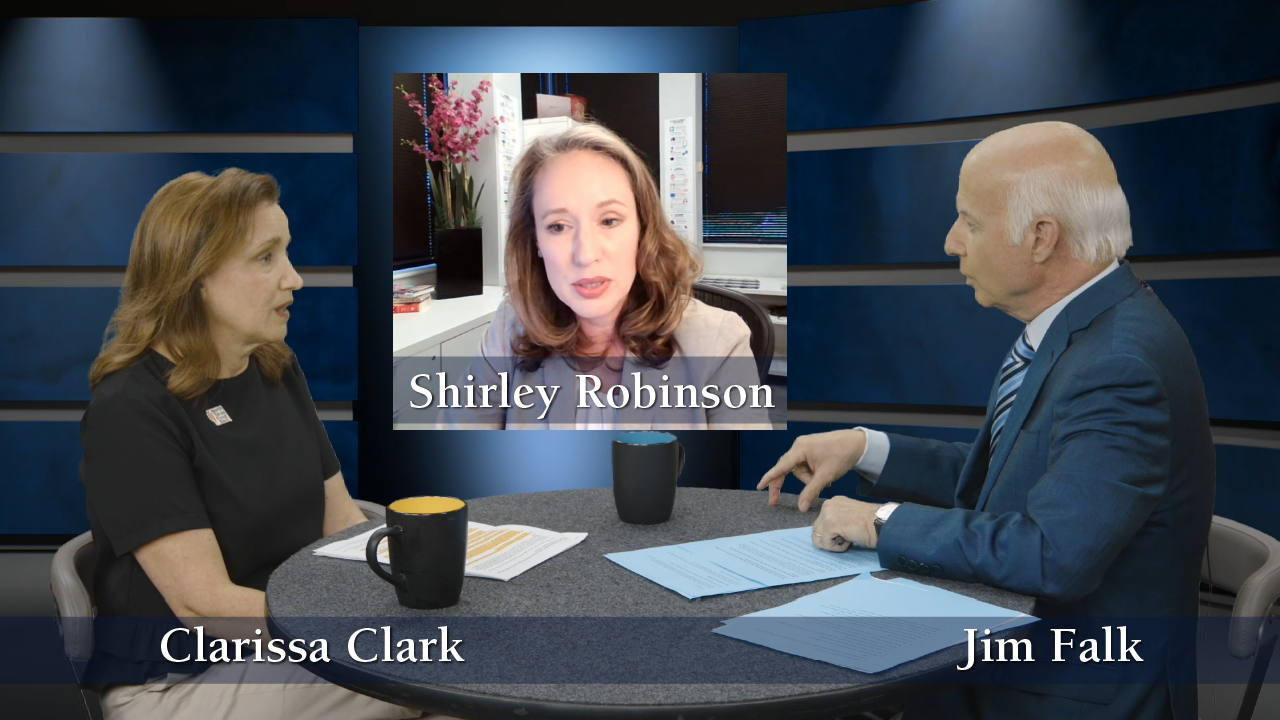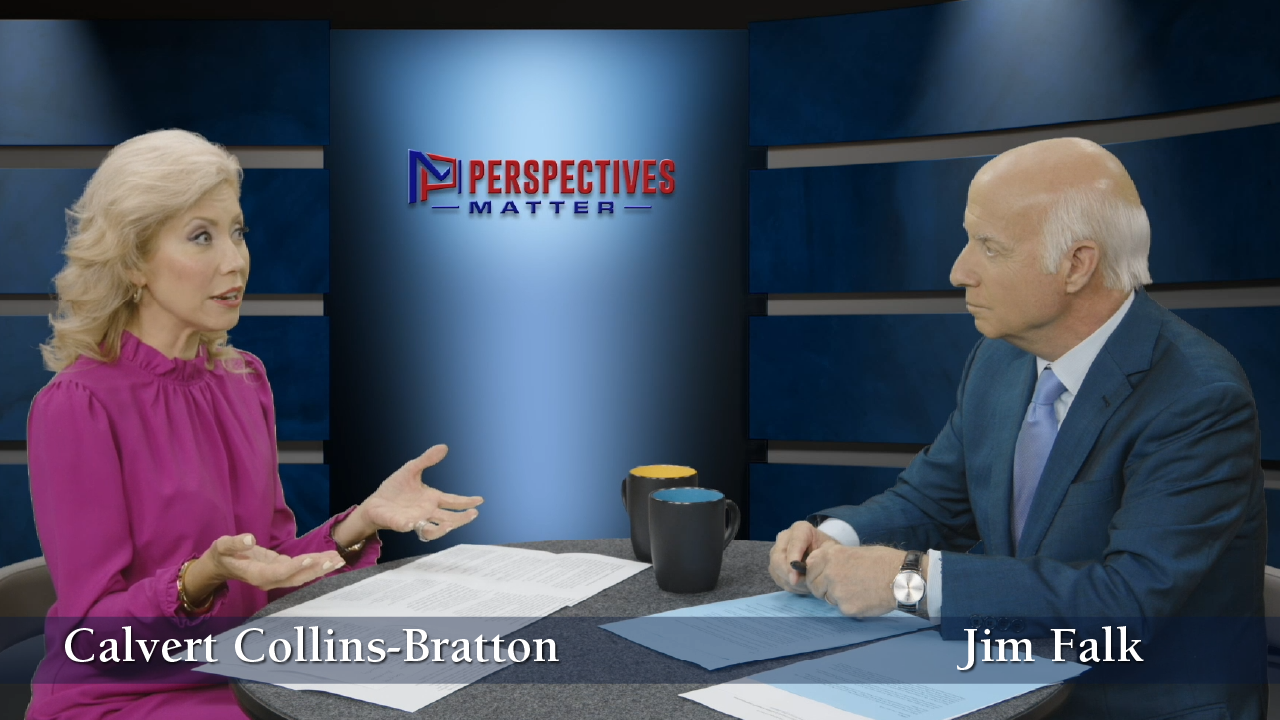The newsroom has changed. Thirty years ago the world’s news was fueled by mainstream media and the plight of the professional journalist was to find the big story and break it…accurately, simple as that. In today’s world, with print media employing fewer people , bloggers have entered the scene and are typing away at their computers with their voices becoming louder and louder. The roles of traditional mainstream news and the blogosphere are blurring.
The Ever Blurring Lines of Mainstream Media and the Blogosphere
According to a February 2008 article on PBS.org, journalists are starting to blog and bloggers are starting to act like journalists. Mainstream sites like MSNBC.com and Washingtonpost.com have hired reporters and editors to produce many blogs on subject matter that is delivered in a personal way. At the same time there are bloggers that are breaking stories and acting as if they are journalists. In fact, a 2006 article on Wired.com introduced BlogBurst.com, “a syndication service that delivers commentary from 600 bloggers for use by newspaper publishers.” It’s becoming more and more apparent that the two worlds are melding into one. As the PBS.org so delicately states, “Anyone who still believes that bloggers are one breed and journalists are another has been living in a cave since roughly 2002.” Yet at a recent, May 2009, PBS conference, much conversation was held about the blurring of professional lines, and how a standard might be developed for accountability and accuracy amongst bloggers.
Where Is the Ethical Line Drawn?
Recently, blogger, Jerod Morris, wrote a post that made national headlines within hours of posting. Morris, a baseball fanatic who is the managing editor for the sports blog, Midwest Sports Fans, wrote a blog titled, “The Curious Case of Raul Ibanez: Steroid Speculation Perhaps Unfair, but Great Start in 2009 Raising Eyebrows.” Seeking to discredit steroid speculation, his research left him at the end of his post speculating if in fact Philadelphia Phillies baseball player, Raul Ibanez, was using Performance Enhancing Drugs (PEDs). Not only did the Philadelphia Inquirer pick up the story, but Raul Ibanez also had his angry response published, to which national media came on the scene and the blogosphere went wild.
In the center of the controversy is the question of the roles of bloggers and mainstream media in regard to responsibility in reporting. In the PBS.org article referenced earlier, Om Malik states:
“If someone has a journalistic background, you don’t have to teach them the ethics of the game or what ‘off the record’ means,” he said. “And what is a rumor and what isn’t…”
This of course beckons the question, what if someone doesn’t have a journalistic background, but instead is simply practicing “freedom of speech?” Should a blogger be allowed to say whatever he or she wants? Many journalists disagree and that’s where the debate stands today. Yet in today’s world knowing what people are saying is vital. Most especially with the semi-demise of print journalism.
On the contrary to the debate, John Robinson, editor of the Greensboro (N.C.) News & Record speaks on the way readers approach a blog, versus a branded media source:
“[Readers] understand bias and objectivity,” Robinson said. “They understand fairness and blather. Consequently, I think these readers understand the value of brand. They approach all brands with a degree of skepticism, but they inherently understand the difference between a newspaper that has been around for 150 years and a blogger who has been here for five. That doesn’t mean that the blogger has less credibility than the newspaper, but that the reader looks for different things in different places and judges them on the value they bring to the table…Reasonable readers can evaluate it all for themselves.”
During the recent heated debate regarding Morris and PED speculation, Veteran broadcaster, Chip Ramsey, offered his viewpoint on the Media assault on the blogging community:
“There are checks and balances in mainstream media that bloggers don’t have to deal with and those are the things that drive a guy like [Ken] Rosenthal nuts. It’s not a level playing field.”
He continues on to say:
“I support both points of view because I, personally, have been on both sides of the fence. Before you as a blogger go off on Rosenthal, understand what he has to deal with and what you don’t. It doesn’t cheapen what you do, but it does put in perspective that maybe he’s not upset because you have an opinion, he’s upset because he has to be rooted in fact.”
Oh: so bloggers don’t? … (have to be rooted in fact)?
Stay tuned for more on Social Media and how it impacts our news, its challenges and how it may be the new or only way of getting “breaking” news when there is no other resource… such as the recent political events in Iran.
See also the McC uistion program: “Is the American Newspaper in Peril?” featuring former media writer Manny Mendoza… one of the many reporters downsized, not too long ago, as a result of major layoffs at the Dallas Morning News- now writing independently, and John Solomon, Executive Editor of the Washington Times.





